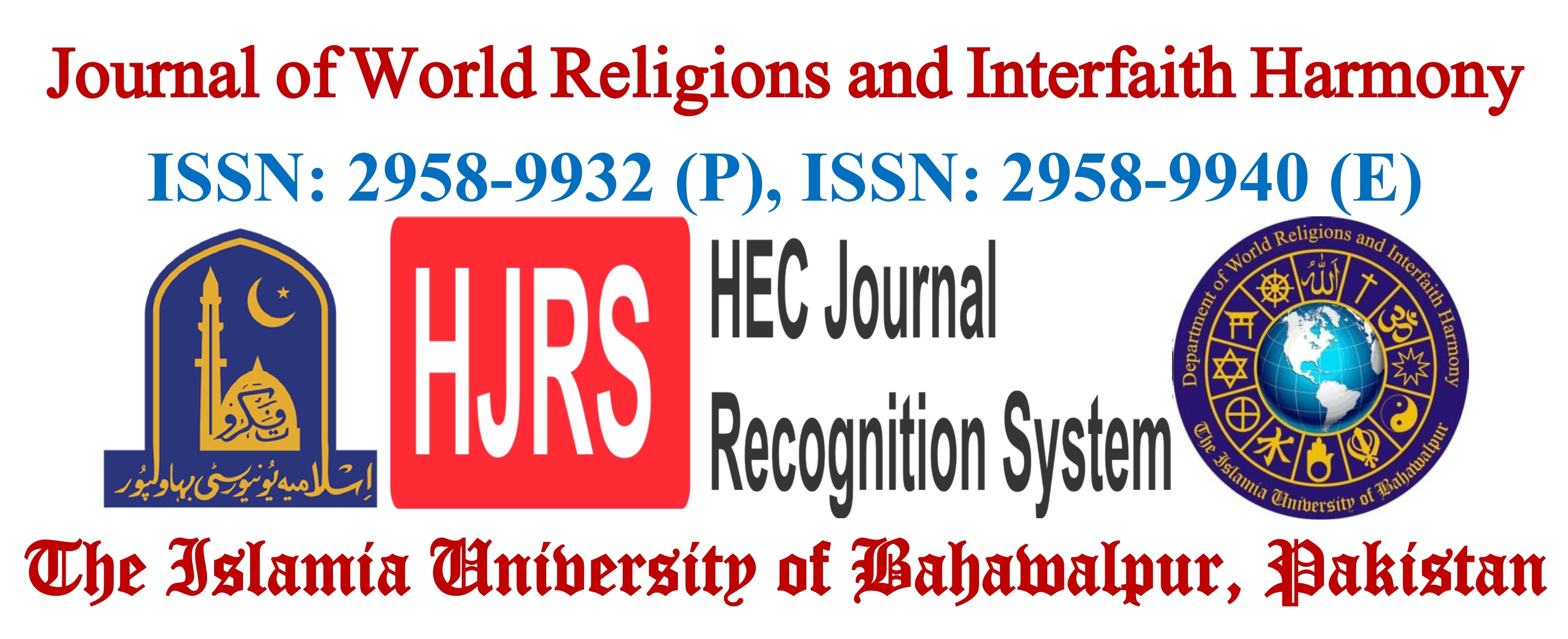The Significance of Hajj Rituals in the Modern Age: An Overview
Abstract
Hajj, the fifth pillar of Islam, remains a profound and transformative act of worship with timeless relevance in the modern age. This article explores how its rituals, such as Tawaf, Sa’i, and Wuquf at Arafat, embody submission to Allah, equality, and the pursuit of divine mercy, fostering humility, gratitude, and spiritual renewal. In a globalized world, Hajj transcends cultural and geographical boundaries, uniting Muslims from diverse backgrounds and reinforcing the universality of the Islamic faith. It serves as a platform for fostering global solidarity, addressing shared challenges, and inspiring a collective commitment to social justice and ethical conduct. The article also examines how advancements in technology and logistics, including real-time navigation tools, crowd management systems, and sustainable practices, have enhanced the pilgrimage experience for millions of Muslims annually while preserving the sanctity of these sacred rituals. Through these sacred practices, Muslims reaffirm their purpose, strengthen their bonds with the global Ummah, and embrace their responsibilities toward fostering harmony and justice.
Downloads
Published
How to Cite
Issue
Section
License
Copyright (c) 2024 Dr. Imran Sajid and Dr. Rashid Munir

This work is licensed under a Creative Commons Attribution-NonCommercial 4.0 International License.






